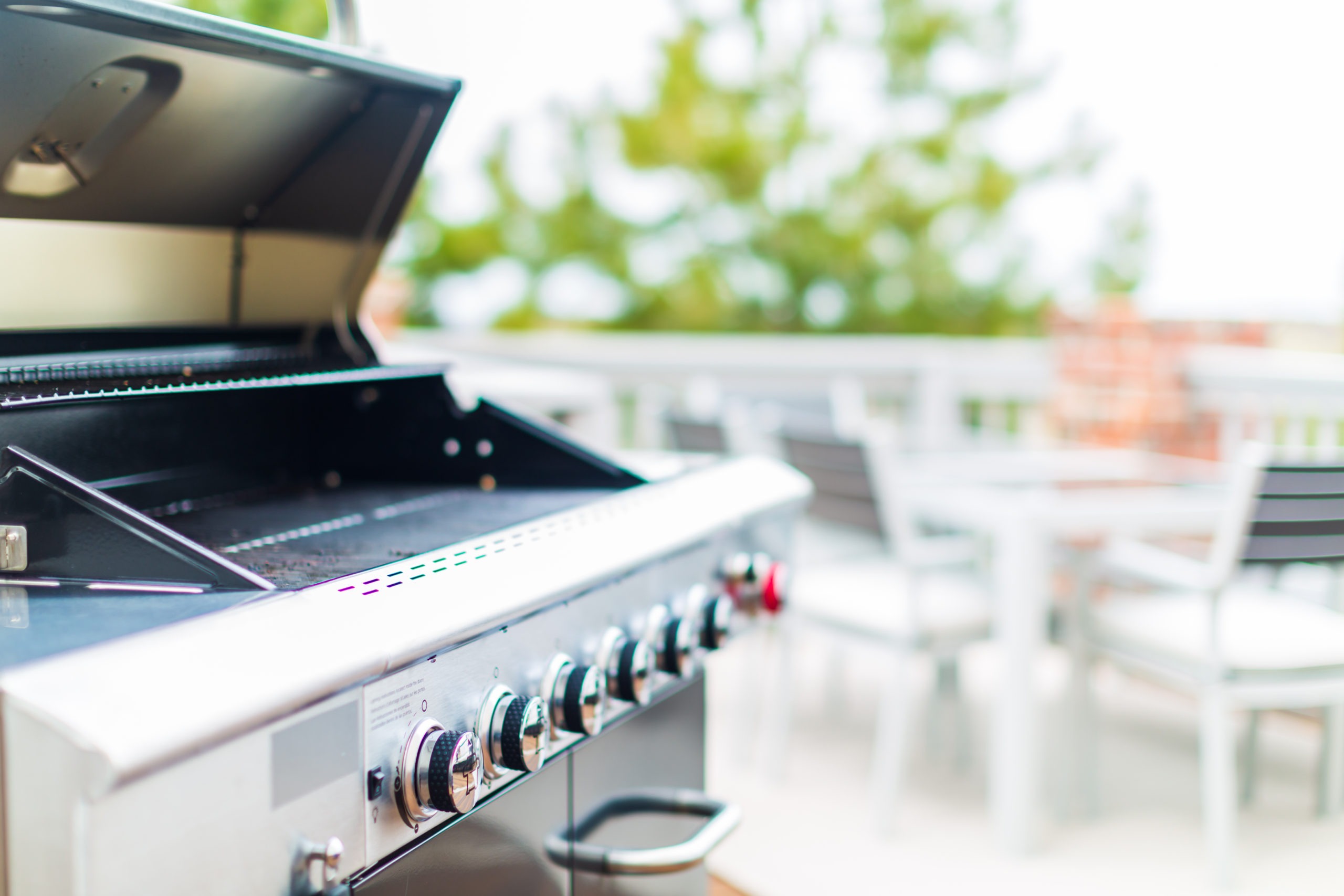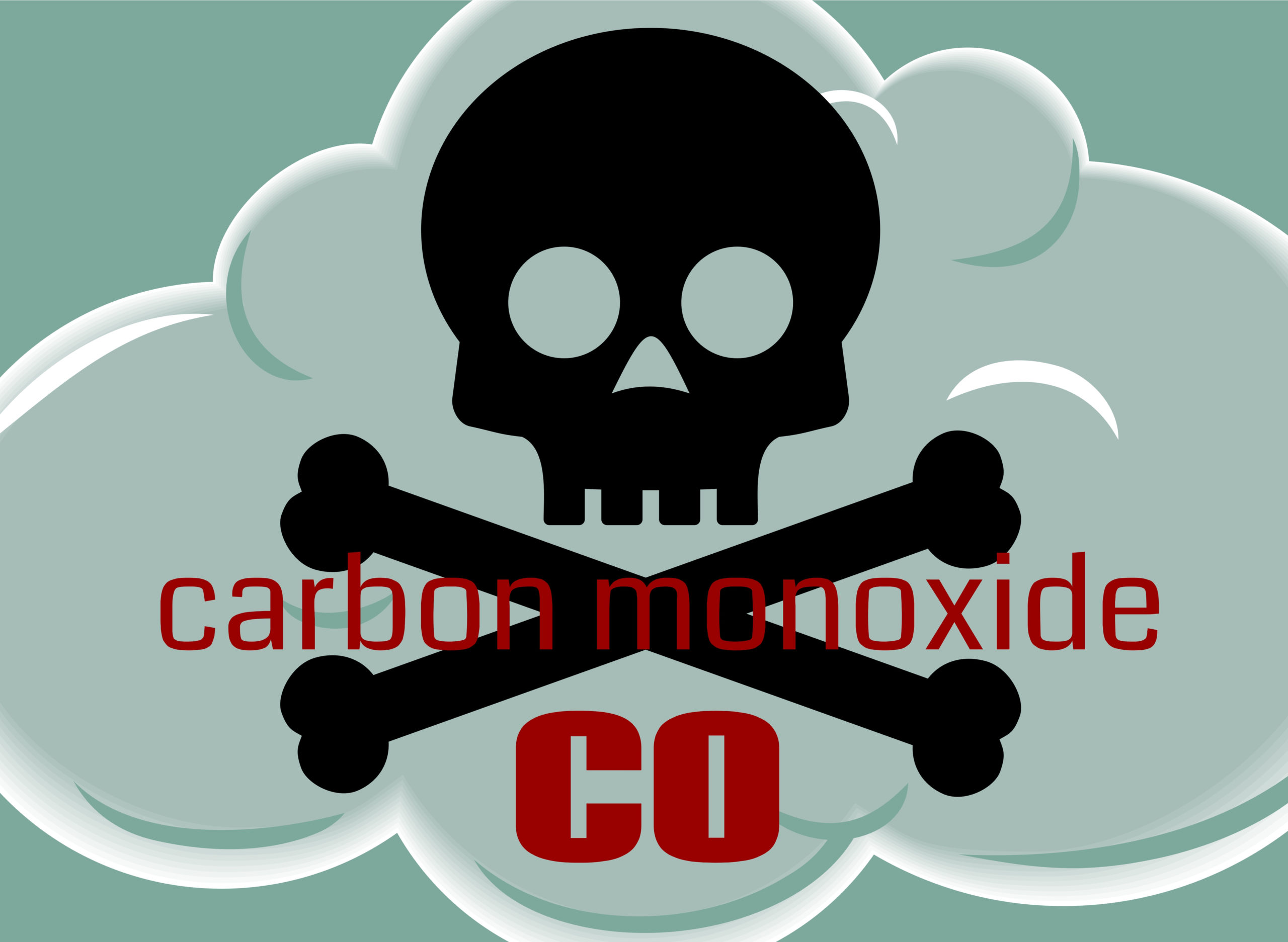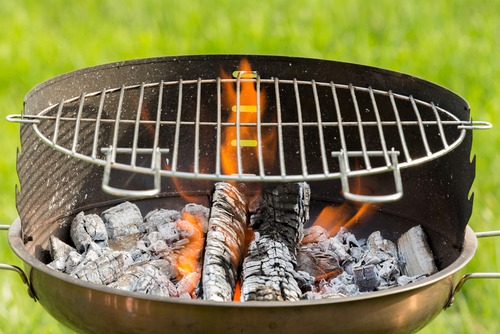
Gas Grill Safety Tips
Gas grills present several safety hazards, whether grilling out with the family or just transporting it from one place to another.
Follow these simple safety guidelines from the Consumer Product Safety Commission to keep you and your family safe from a natural gas or liquid propane grill.
Lighting and Using the Grill:
- When lighting, always keep the top open until you are sure it’s lit.
- Never grill indoors or in an enclosed space, including garages, breezeways, carports, and porches. Carbon monoxide poisoning and fires can lead to very serious injury and even death.
- Make sure your gas grill is at least 10 feet away from nearby buildings.
- Never leave a grill unattended, and make sure children stay away from the grill. The outside surface of the grill can heat up and injure a child if left unwatched.
- Propane can build up under the racks of your grill and increase your risk of dangerous explosions, so if the flame goes out, turn off the gas supply immediately. Allow the gas to dissipate by opening the lid and allowing five to ten minutes before restarting the grill.
- Never put lit cigarettes, matches, or open flames near a leaking grill. Also, never use an accelerant like lighter fluid to increase heat on the grill.
After you’ve finished grilling, immediately turn off the burner controls and close the cylinder valve. When you’re not using the grill, cover hose-end fittings with protective caps or plastic bags to keep everything clean.
Storing and Transporting Propane Containers:
- Always keep liquid propane gas containers in a secure and upright position, especially when transporting.
- Don’t store extra propane containers under or near the grill. Heat can build up pressure inside the cylinder, which can cause the pressure relief valve to release propane, causing flash fires or explosions. Don’t store or use flammable liquids (i.e. gasoline) near the grill.
- Never use or store a gas container indoors.
- Never leave a filled propane container in a hot car or trunk.
If you think your LP container might have a leak, do not grill until it is inspected by a professional. Never use matches or lighters to check for leaks, and always use a leak-detection solution (or soapy water) to check connections before connecting and lighting a gas grill.
Visit UsePropane.com for detailed instructions on inspecting your gas appliances for leaks; make sure to check for leaks before using your grill for the first time this season, and check throughought the grilling season to ensure you and your family’s safety.
In addition, never try to modify or repair your gas cylinder without professional help. Valves, connectors, and other complicated parts keep your propane cylinder safe for grilling use, and damage or tampering with any part can cause a gas leak.
When your container runs out of propane, never attempt to refill the container yourself. Instead, take the container to a liquid propane gas dealer or service station operator. Cylinder exchanges are a great alternative, allowing you to pick up a fully inspected and ready-to-use propane container at your convenience.


















